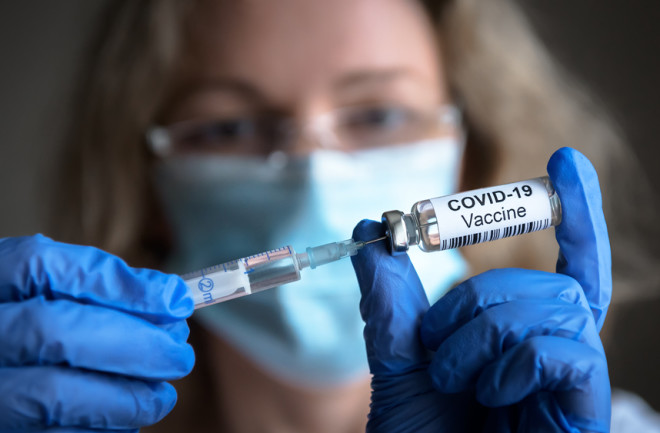The last few years have brought a new autumn ritual. Starting in September, drug stores and supermarkets run promotions for flu shots and COVID-19 vaccines. Customers who get jabbed at the in-store pharmacy earn a $10 off coupon or maybe a gift card. Both vaccines can be given at once, and for some people, a Respiratory Syncytial Virus (RSV) vaccine might also be recommended.
Is this the new vaccine normal for COVID-19? An annual shot along with others to protect against seasonal viruses?
Some epidemiologists say people should get used to rolling up their sleeves every autumn because an annual COVID-19 shot is indeed the new normal.
How Often Should You Get a COVID-19 Vaccine?
In the foreseeable future, many scientists think a COVID-19 vaccine will be an annual event, just like the flu shot. Every year, scientists analyze flu strains and base the flu shot formula on the most prominent strains.
Why Do We Need More Vaccines for COVID-19?
Each season is different, and a flu type that dominated one year might not be as prevalent the next year. Thus, scientists reformulate the vaccine each year to keep up with the changing virus. Like the flu shot, scientists will study the current trends in COVID-19 variants and then develop a vaccine that protects against those strains.
Read More: Will COVID-19 Need an Annual Vaccine Like the Flu?
The virus that causes COVID-19, SARS-COV-2, is a coronavirus. Coronaviruses cause upper respiratory tract illnesses that can be severe or even fatal. Since 2000, the world has seen three deadly outbreaks from novel coronaviruses: Severe acute respiratory syndrome (SARS) in 2003, Middle East Respiratory Syndrome (MERS) in 2012, and then COVID-19 in 2019.
SARS hasn’t been reported since 2004, and only two MERS cases have been reported in the U.S. since 2014. COVID-19, however, has mutated, and new strains continue to circulate.
What Are the Current COVID Variants?
This year’s vaccine is meant to provide protection against the XBB.1.5 strain. This strain is a subvariant of the Omicron variant that emerged in November 2021 and dominated until earlier this year. This year’s formula should also help against two new strains, EG.5 and BA.2.86
What Is the Newest COVID Variant?
This year’s vaccine is expected to protect the new BA.2.86 subvariant. Scientists are still learning about this strain and how it’s different from Omicron, its “ancestral strain.” At this point, the Centers for Disease Control and Prevention (CDC) believes the variant can be treated with the same medications used to address past variants.
The CDC doesn’t yet know if this strain is capable of causing severe illness. However, they do expect the current vaccine will reduce hospitalizations and limit the severity of the disease.
Read More: What New Variants Of COVID-19 Are Currently Circulating?
Is the Current COVID-19 Shot a Vaccine or Booster?
The current COVID-19 formula is an updated vaccine, not a booster shot. A booster shot comes months after the primary dose when the original protection wanes. The booster helps restore fading immunity levels.
How Long Does the COVID Vaccine Last?
Studies have found that a person is considered vaccinated about two weeks after receiving the jab. The vaccine is most effective for the first three months, and then it begins to wane with each passing week.
Read More: When You Should Get the COVID-19 Booster After Infection
When Should You Get Vaccinated?
The most current COVID-19 vaccine wasn’t approved until mid-September. This might not be the case in future years, and people will have to decide when in the season they want to head to the pharmacy and roll up their sleeves. In past years, scientists have taken issue with how early in the season drug stores and supermarkets have begun promoting their vaccine incentives.
When Is Flu Season?
In a 2018 JAMA article, a researcher analyzed past start dates for flu seasons. Some flu seasons came early in the first weeks of December. Others didn’t start until late January. Given that vaccine potencies fade after several months, the article expressed concern that getting the flu shot too early in the season might make a person vulnerable if the flu arrives late that year.
Younger or healthier people might be fine with getting their vaccines earlier, in late August or September. People who are elderly or frail could benefit from waiting until late October. But since the season can change from year to year, be sure to check with your healthcare provider to know when it's best for you to get vaccinated.
Read More: Does a Runny Nose Mean You Have COVID-19, the Flu, or a Common Cold?

